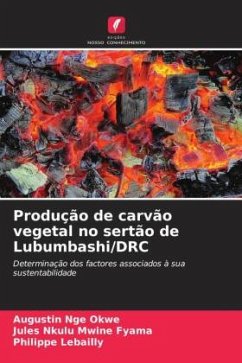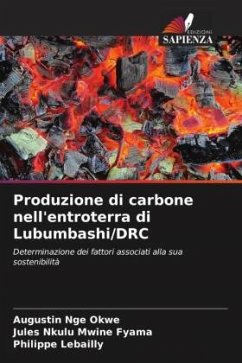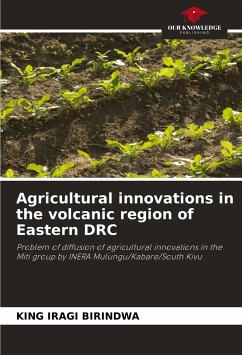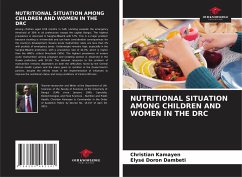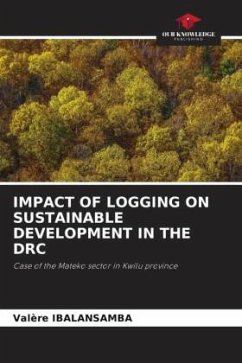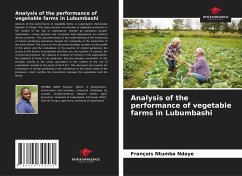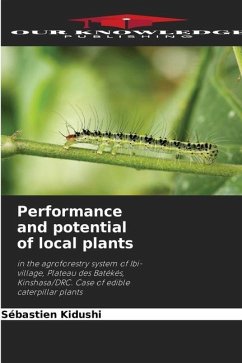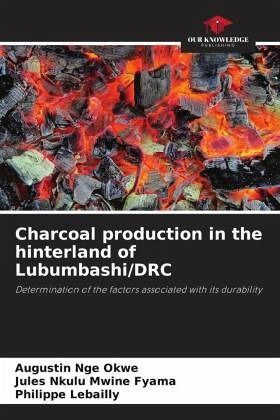
Charcoal production in the hinterland of Lubumbashi/DRC
Determination of the factors associated with its durability
Versandkostenfrei!
Versandfertig in 6-10 Tagen
29,99 €
inkl. MwSt.

PAYBACK Punkte
15 °P sammeln!
Charcoal is the main source of energy for over 90% of the population. Its production generates little income and negligible taxes. Its production remains unsustainable. To remedy this, it is necessary to identify the factors associated with its sustainability. A survey was conducted among 40 charcoal producers in Kasenga. The major socio-demographic factors negatively influence deforestation. Indeed, all the charcoal burners had a low level of education, making it difficult to learn new carbonization technologies. The study showed, on the one hand, enormous ease of access to the resource and, ...
Charcoal is the main source of energy for over 90% of the population. Its production generates little income and negligible taxes. Its production remains unsustainable. To remedy this, it is necessary to identify the factors associated with its sustainability. A survey was conducted among 40 charcoal producers in Kasenga. The major socio-demographic factors negatively influence deforestation. Indeed, all the charcoal burners had a low level of education, making it difficult to learn new carbonization technologies. The study showed, on the one hand, enormous ease of access to the resource and, on the other hand, a strong mismatch between the ecological value of the resource and the economic value of the product. Indeed, the grinding stones used are small (40 bags of 65Kg per month for a unit price not exceeding 5$). In addition, the technology used affects the low yield (less than 18%) as well as the income. It is important to develop strategies ranging from controlled felling to reforestation through improved carbonization techniques in order to make the activity profitable.




